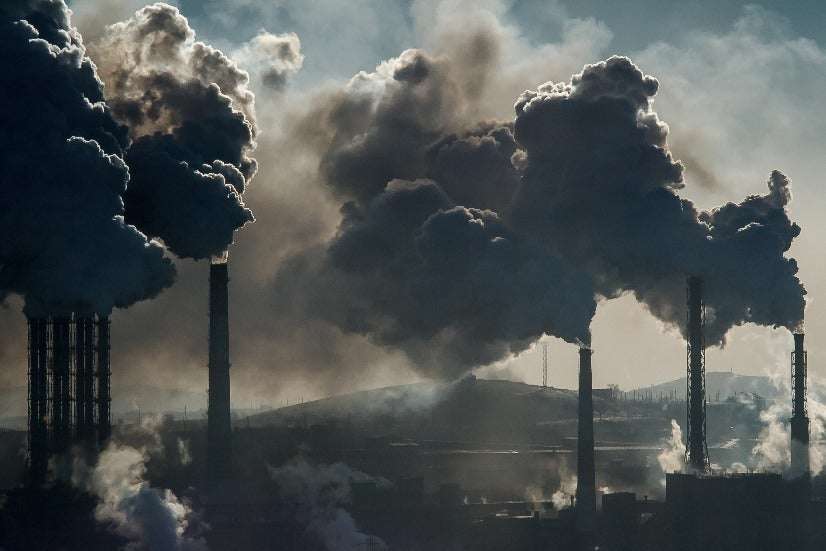DATE: July 25, 2020
SNIP: A disturbing new climate change study predicts global temperature increases of up to 8 degrees Fahrenheit as atmospheric carbon concentrations double:
[I]t now appears extremely unlikely that the climate sensitivity could be low enough to avoid substantial climate change (well in excess of 2°C warming) under a high‐emissions future scenario. We remain unable to rule out that the sensitivity could be above 4.5°C per doubling of carbon dioxide levels, although this is not likely.
Humanity, it’s clear, is close to missing the chance to avoid the worst ravages of fossil fuel pollution.
That level of warming would spell disaster for our oceans and coastal communities. Coral reefs would die; marine biodiversity would plummet. Flooding and extreme storms would pummel coastal residents. And ocean acidification and hypoxia would change the basic building blocks of marine life in dangerous, unpredictable ways.
This study is just the latest alarm going off to demand climate action now. We can’t wait any longer to stop drilling and mining for fossil fuels in our public lands and waters. Such public-lands extraction causes about a quarter of U.S. greenhouse gas pollution.
The new four-year study, published in the journal Review of Geophysics by an international team of 25 top experts, indicates average global temperatures are now very likely to increase 4.1 to 8.1 degrees Fahrenheit. That’s at the high end of the range consistently predicted by major climate studies going back to 1979.
The study indicates a 95 percent certainty that a doubling of atmospheric carbon dioxide concentrations – which we’re on target to hit in the next 50 years or so – would exceed the 3.6 degrees Fahrenheit (2 degrees celsius) worst-case goal that most nations agreed to in the Paris climate accord.
Beyond that threshold, climate scientists predict sea-level rise that will flood many coastal cities, intolerable heat waves and other extreme weather conditions and permanent damage to many ecosystems.

